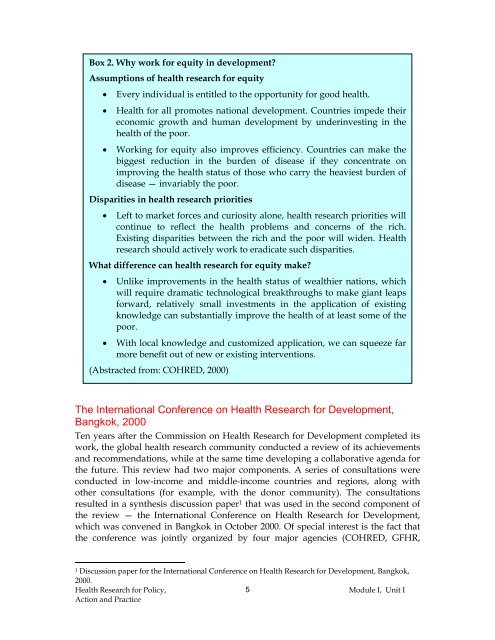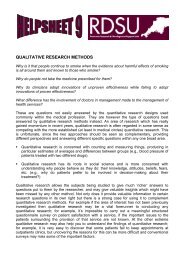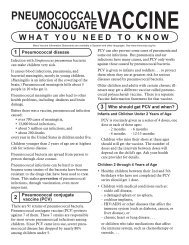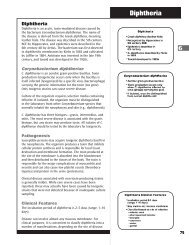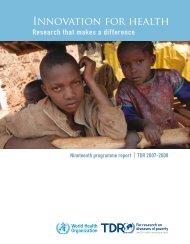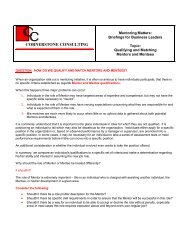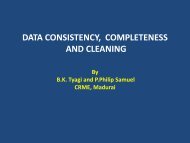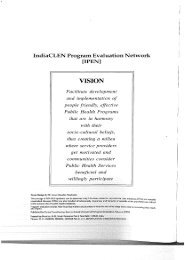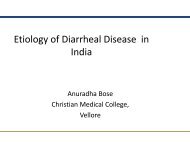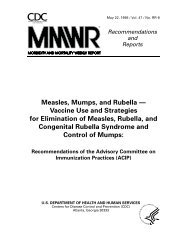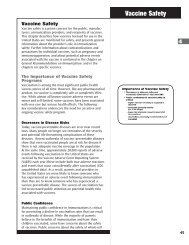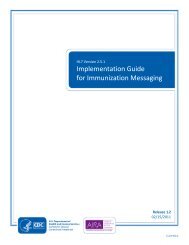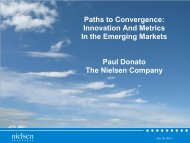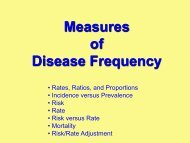Health Research for Policy, Action and Practice - The INCLEN Trust
Health Research for Policy, Action and Practice - The INCLEN Trust
Health Research for Policy, Action and Practice - The INCLEN Trust
- No tags were found...
Create successful ePaper yourself
Turn your PDF publications into a flip-book with our unique Google optimized e-Paper software.
Box 2. Why work <strong>for</strong> equity in development?Assumptions of health research <strong>for</strong> equity• Every individual is entitled to the opportunity <strong>for</strong> good health.• <strong>Health</strong> <strong>for</strong> all promotes national development. Countries impede theireconomic growth <strong>and</strong> human development by underinvesting in thehealth of the poor.• Working <strong>for</strong> equity also improves efficiency. Countries can make thebiggest reduction in the burden of disease if they concentrate onimproving the health status of those who carry the heaviest burden ofdisease — invariably the poor.Disparities in health research priorities• Left to market <strong>for</strong>ces <strong>and</strong> curiosity alone, health research priorities willcontinue to reflect the health problems <strong>and</strong> concerns of the rich.Existing disparities between the rich <strong>and</strong> the poor will widen. <strong>Health</strong>research should actively work to eradicate such disparities.What difference can health research <strong>for</strong> equity make?• Unlike improvements in the health status of wealthier nations, whichwill require dramatic technological breakthroughs to make giant leaps<strong>for</strong>ward, relatively small investments in the application of existingknowledge can substantially improve the health of at least some of thepoor.• With local knowledge <strong>and</strong> customized application, we can squeeze farmore benefit out of new or existing interventions.(Abstracted from: COHRED, 2000)<strong>The</strong> International Conference on <strong>Health</strong> <strong>Research</strong> <strong>for</strong> Development,Bangkok, 2000Ten years after the Commission on <strong>Health</strong> <strong>Research</strong> <strong>for</strong> Development completed itswork, the global health research community conducted a review of its achievements<strong>and</strong> recommendations, while at the same time developing a collaborative agenda <strong>for</strong>the future. This review had two major components. A series of consultations wereconducted in low-income <strong>and</strong> middle-income countries <strong>and</strong> regions, along withother consultations (<strong>for</strong> example, with the donor community). <strong>The</strong> consultationsresulted in a synthesis discussion paper 1 that was used in the second component ofthe review — the International Conference on <strong>Health</strong> <strong>Research</strong> <strong>for</strong> Development,which was convened in Bangkok in October 2000. Of special interest is the fact thatthe conference was jointly organized by four major agencies (COHRED, GFHR,1 Discussion paper <strong>for</strong> the International Conference on <strong>Health</strong> <strong>Research</strong> <strong>for</strong> Development, Bangkok,2000.<strong>Health</strong> <strong>Research</strong> <strong>for</strong> <strong>Policy</strong>,5Module I, Unit I<strong>Action</strong> <strong>and</strong> <strong>Practice</strong>


